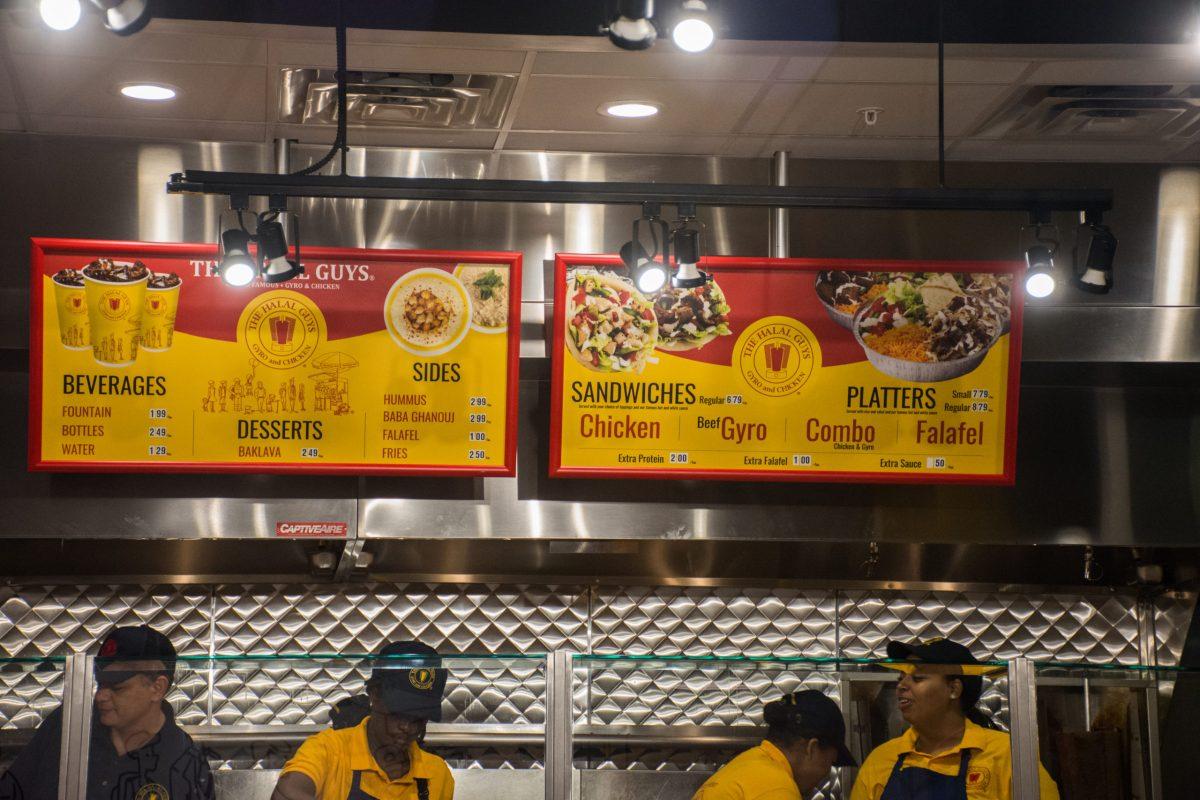Since starting my weekly series of articles about studying abroad in China, the most common question I get from readers who reach out is: “What’s it like living in a communist country?” Even though there is much to it, I’ve summarized my experiences below.
Let’s get things straight. Under Communism, it is believed that the Government is the people – so whatever the Government decides is the will of the people, and for the good of the people, with no need to ask the people. An excellent theory if you think about it, as long as there is balance within the representatives (which isn’t always the case).
Chinese citizens don’t go to poll to elect their government council representatives. Instead, their representatives are picked by the government. Although this is absolutely unheard of in America, most people are completely fine with it. As I’ve personally seen, students have no real interest in politics and just get on with life.
The main difference is the amount of control the government has. For example, because I have such a heavy interest in the media/technology industry, I love to take note of all of the flashy entertainment ads and billboards in New York City, whether it’s for upcoming TV shows, musicals, or blockbuster films. The competition is always fierce and cut-throat for ad space. In Shanghai, as electrifying the city can be with its world-class lighting and postmodern skyscrapers, it lacks the touch of entertainment culture that America is known for. There are few to no entertainment ads and billboards around the city, mainly because the government has full control of the media. There is no competition. In fact, this experience abroad has shown me just how influential American culture is in other countries.
As for government control, the same goes for schools, churches, and most businesses. The government having full control of schools was one of the things that really amazed me when I first arrived in China. I found the current Higher Education system in China so intriguing that I will be contributing one of my future articles fully towards that topic.
And of course, there is the matter of Social Media in China. No Facebook. No Twitter. No YouTube. Listing the companies that don’t have access to China’s exploding social-media space only underscores how different it is from the United States.
China does have social media websites. This includes the extremely popular WeChat (China’s closest platform to Facebook), Baidu Inc’s search engine (China’s version of Google) and the Twitter-like Weibo Corp microblog. The issue is that websites like these are heavily monitored by the Chinese government. Users have absolutely no privacy when using these websites. When asking students around campus how they felt about the government censorship, most of them didn’t really care. “We’re used to it” one of the students replied. Many of students use “Virtual Private Networks” or VPNs to get around the issue.
Don’t get me wrong, the country isn’t as uptight and strict as it seems. These are just one or two examples that I have experienced. Your average world traveler can come to China, see the sights, and leave without ever noticing any traces of communist culture. I have been living in Shanghai for about three months now, and therefore I have been picking up more of the culture, politics, and language. Western influence is slowly changing attitudes here, for the better or worse, depending on how you see it. Feel free to reach out: [email protected]






























